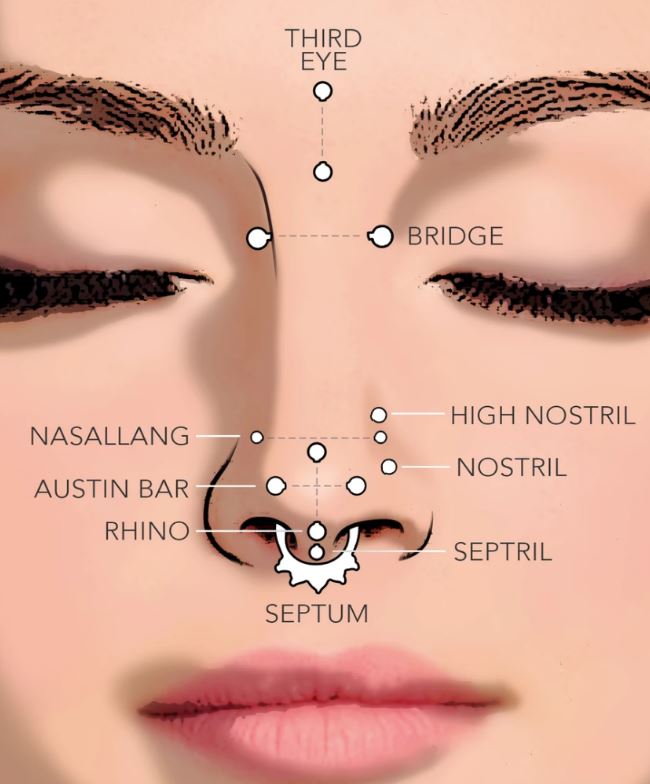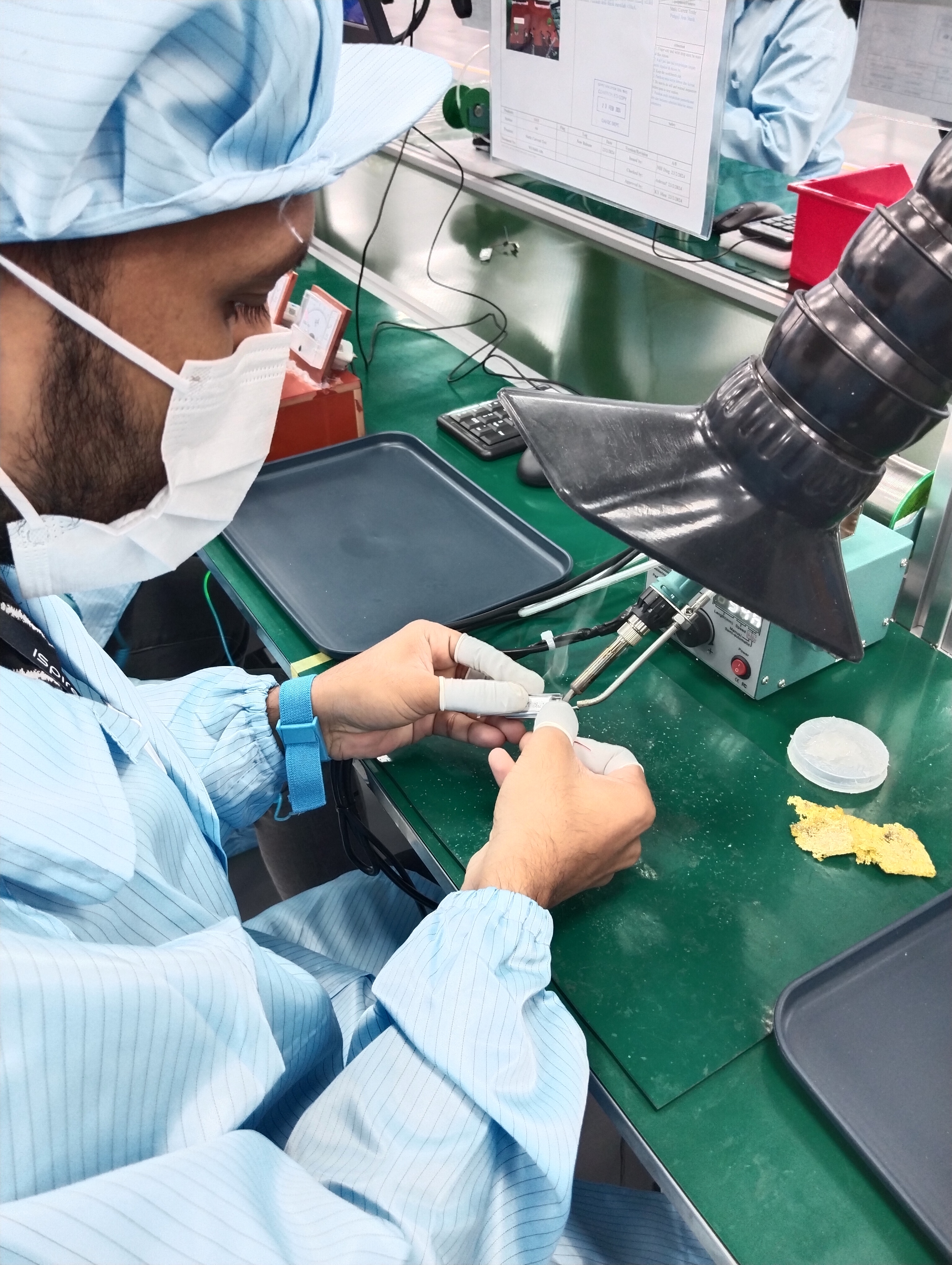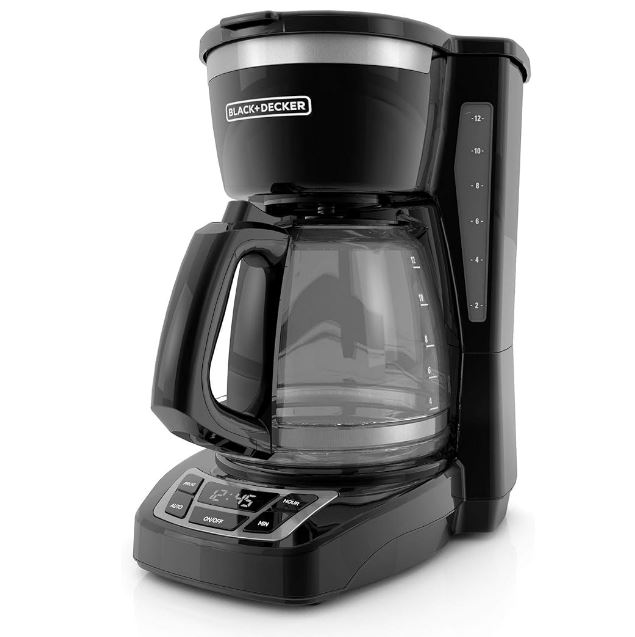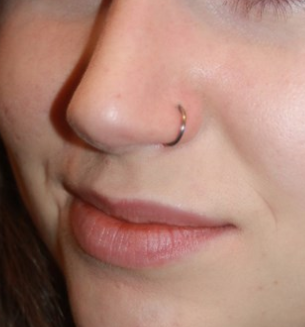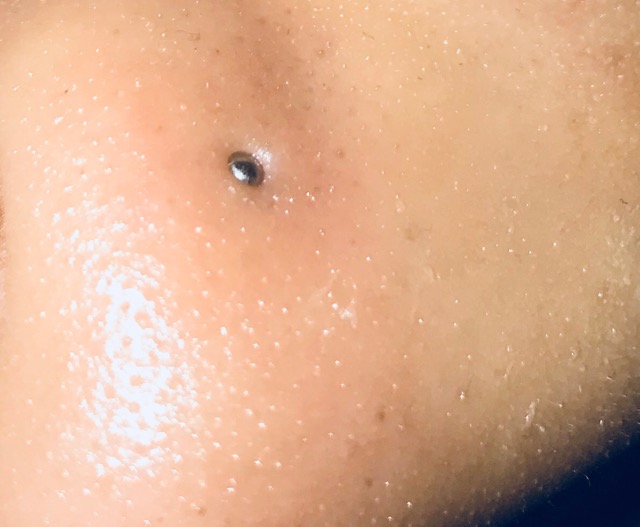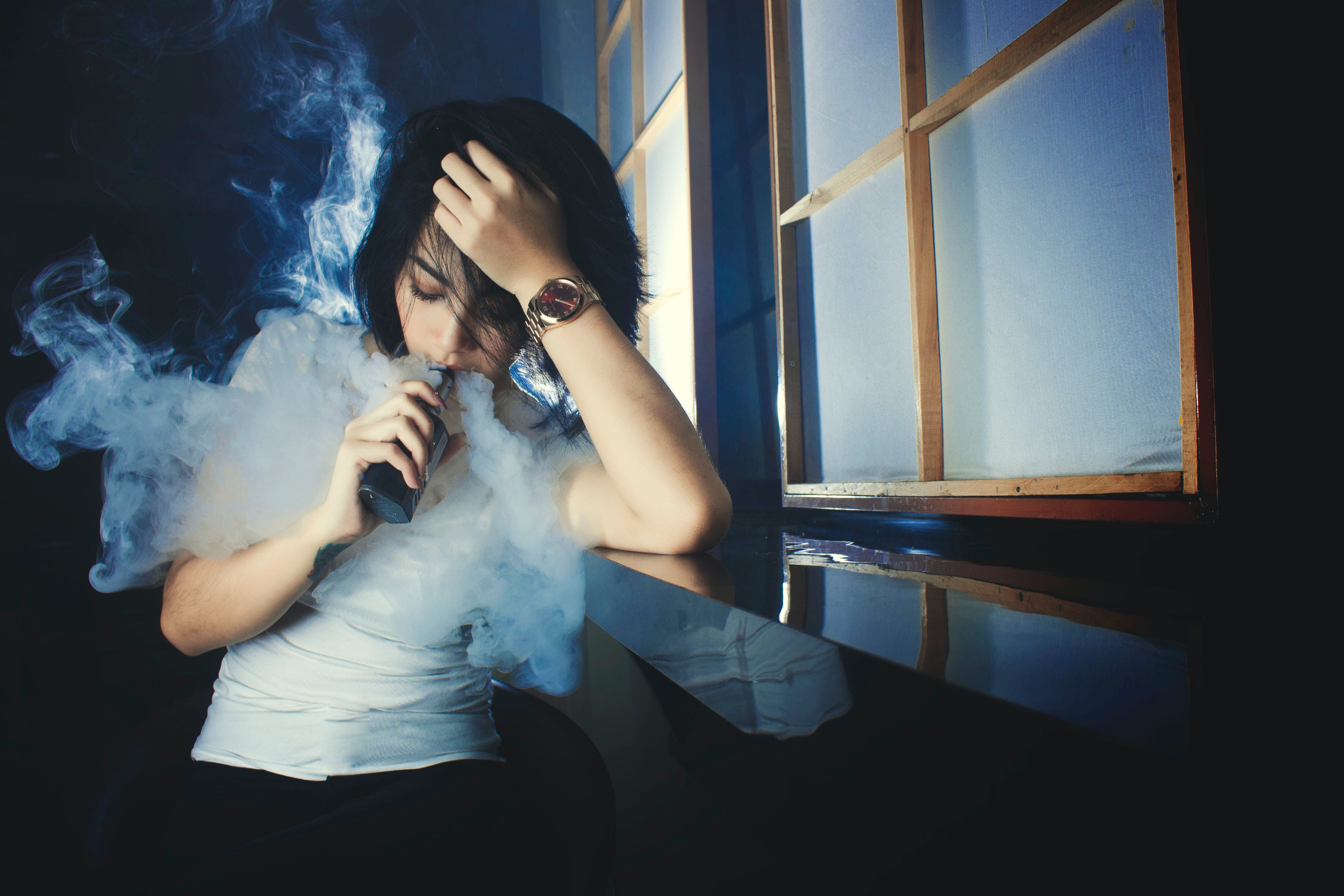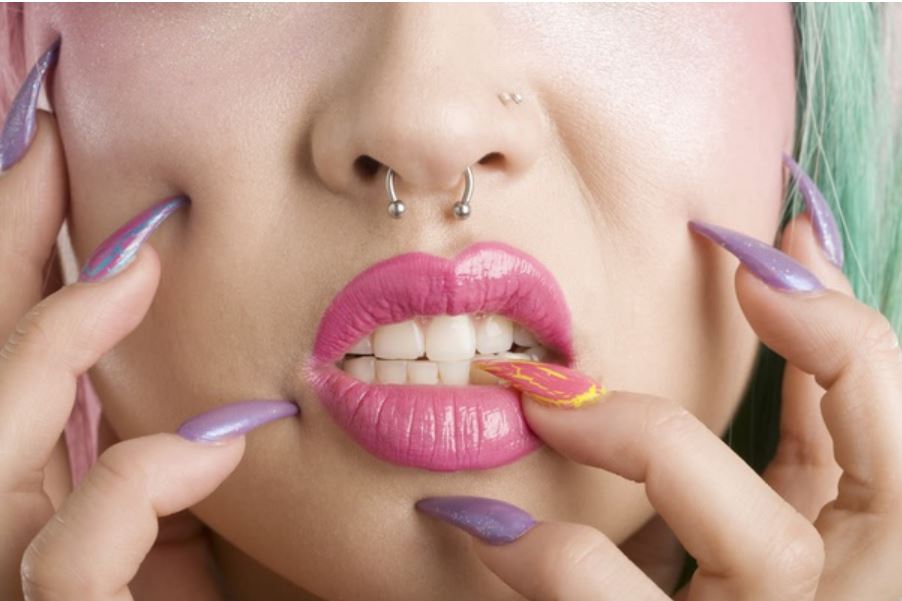Sponsor Ads
Non-China Vape, 510 Cartridges & Battery Device Maker
If you are going for a vape manufacturer out of China we are you best choice. We offer a alternative vape production location with a very competitive price. You can save money by buying directly from us the manufacturer, without any middlemen or extra fees. You can also enjoy discounts for bulk orders and special offers for long term & loyal customers.
We offer small trial orders where you can test the quality and performance of the products before placing a large order. Fast shipping and cheaper shipping cost from Malaysia and Singapore ports. You don't have to wait long to receive your products.
Contact Us!
Contribute for our website Maintenance! We want to keep it free for all visitors.
Trending Best Sellers
Coronavirus Covid 19 Question And Answers
Trending Best SellersCoronavirus Covid 19 FAQ - This Q&A will be updated as more is known about Coronavirus Covid 19 how it spreads and how it is affecting people worldwide. For more information, regularly check the WHO coronavirus pages. https://www.who.int/covid-19
What is Coronavirus Covid 19?

COVID-19 is the disease caused by a new coronavirus called SARS-CoV-2. WHO first learned of this new virus on 31 December 2019, following a report of a cluster of cases of ‘viral pneumonia’ in Wuhan, People’s Republic of China.
What are the symptoms of COVID-19?
The most common symptoms of Coronavirus Covid 19 are
Fever
Dry cough
Fatigue
Other symptoms that are less common and may affect some patients include:
Loss of taste or smell,
Nasal congestion,
Conjunctivitis (also known as red eyes)
Sore throat,
Headache,
Muscle or joint pain,
Different types of skin rash,
Nausea or vomiting,
Diarrhea,
Chills or dizziness.
Symptoms of severe COVID‐19 disease include:
Shortness of breath,
Loss of appetite,
Confusion,
Persistent pain or pressure in the chest,
High temperature (above 38 °C).
Other less common symptoms are:
Irritability,
Confusion,
Reduced consciousness (sometimes associated with seizures),
Anxiety,
Depression,
Sleep disorders,
More severe and rare neurological complications such as strokes, brain inflammation, delirium and nerve damage.
People of all ages who experience fever and/or cough associated with difficulty breathing or shortness of breath, chest pain or pressure, or loss of speech or movement should seek medical care immediately. If possible, call your health care provider, hotline or health facility first, so you can be directed to the right clinic.
What happens to people who get Coronavirus Covid 19?
Among those who develop symptoms, most (about 80%) recover from the disease without needing hospital treatment. About 15% become seriously ill and require oxygen and 5% become critically ill and need intensive care.
Complications leading to death may include respiratory failure, acute respiratory distress syndrome (ARDS), sepsis and septic shock, thromboembolism, and/or multiorgan failure, including injury of the heart, liver or kidneys.
In rare situations, children can develop a severe inflammatory syndrome a few weeks after infection.
Who is most at risk of severe illness from COVID-19?
People aged 60 years and over, and those with underlying medical problems like high blood pressure, heart and lung problems, diabetes, obesity or cancer, are at higher risk of developing serious illness.
However, anyone can get sick with Coronavirus Covid 19 and become seriously ill or die at any age.
Are there long-term effects of COVID-19?
Some people who have had Coronavirus Covid 19, whether they have needed hospitalization or not, continue to experience symptoms, including fatigue, respiratory and neurological symptoms.
WHO is working with our Global Technical Network for Clinical Management of COVID-19, researchers and patient groups around the world to design and carry out studies of patients beyond the initial acute course of illness to understand the proportion of patients who have long term effects, how long they persist, and why they occur. These studies will be used to develop further guidance for patient care.
How can we protect others and ourselves if we don't know who is infected?
Stay safe by taking some simple precautions, such as physical distancing, wearing a mask, especially when distancing cannot be maintained, keeping rooms well ventilated, avoiding crowds and close contact, regularly cleaning your hands, and coughing into a bent elbow or tissue. Check local advice where you live and work. Do it all!
Read our public advice page for more information.
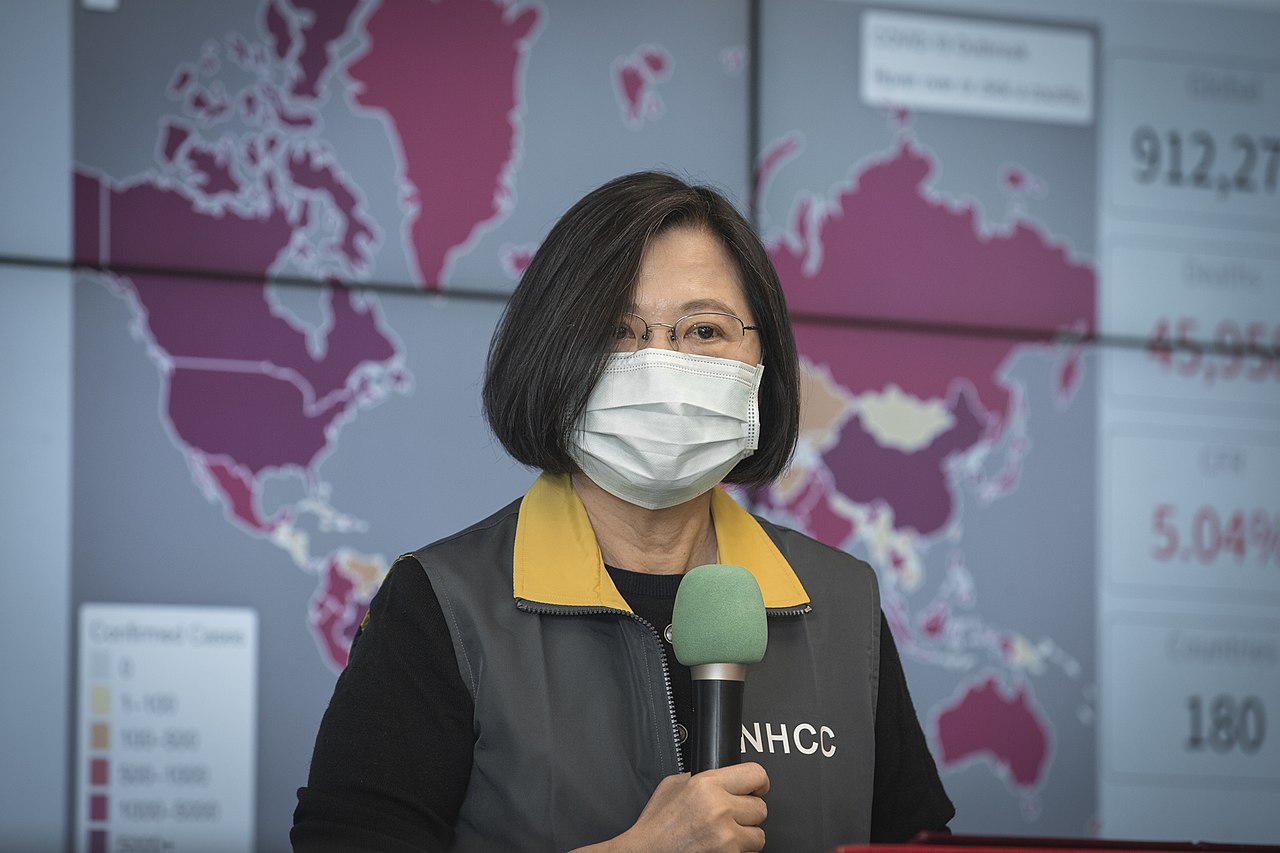
When should I get a test for COVID-19?
Anyone with symptoms should be tested, wherever possible. People who do not have symptoms but have had close contact with someone who is, or may be, infected may also consider testing – contact your local health guidelines and follow their guidance.
While a person is waiting for test results, they should remain isolated from others. Where testing capacity is limited, tests should first be done for those at higher risk of infection, such as health workers, and those at higher risk of severe illness such as older people, especially those living in seniors’ residences or long-term care facilities.
What test should I get to see if I have COVID-19?
In most situations, a molecular test is used to detect SARS-CoV-2 and confirm infection. Polymerase chain reaction (PCR) is the most commonly used molecular test. Samples are collected from the nose and/or throat with a swab. Molecular tests detect virus in the sample by amplifying viral genetic material to detectable levels. For this reason, a molecular test is used to confirm an active infection, usually within a few days of exposure and around the time that symptoms may begin.
What about rapid tests?
Rapid antigen tests (sometimes known as a rapid diagnostic test – RDT) detect viral proteins (known as antigens). Samples are collected from the nose and/or throat with a swab. These tests are cheaper than PCR and will offer results more quickly, although they are generally less accurate. These tests perform best when there is more virus circulating in the community and when sampled from an individual during the time they are most infectious.
I want to find out if I had COVID-19 in the past, what test could I take?
Antibody tests can tell us whether someone has had an infection in the past, even if they have not had symptoms. Also known as serological tests and usually done on a blood sample, these tests detect antibodies produced in response to an infection. In most people, antibodies start to develop after days to weeks and can indicate if a person has had past infection. Antibody tests cannot be used to diagnose Coronavirus Covid 19 in the early stages of infection or disease but can indicate whether or not someone has had the disease in the past.
What is the difference between isolation and quarantine?
Both isolation and quarantine are methods of preventing the spread of COVID-19.
Quarantine is used for anyone who is a contact of someone infected with the SARS-CoV-2 virus, which causes COVID-19, whether the infected person has symptoms or not. Quarantine means that you remain separated from others because you have been exposed to the virus and you may be infected and can take place in a designated facility or at home. For Coronavirus COVID 19, this means staying in the facility or at home for 14 days.
Isolation is used for people with Coronavirus COVID 19 symptoms or who have tested positive for the virus. Being in isolation means being separated from other people, ideally in a medically facility where you can receive clinical care. If isolation in a medical facility is not possible and you are not in a high risk group of developing severe disease, isolation can take place at home. If you have symptoms, you should remain in isolation for at least 10 days plus an additional 3 days without symptoms. If you are infected and do not develop symptoms, you should remain in isolation for 10 days from the time you test positive.

What should I do if I have been exposed to someone who has COVID-19?
If you have been exposed to someone with COVID-19, you may become infected, even if you feel well.
After exposure to someone who has Coronavirus COVID 19, do the following:
Call your health care provider or COVID-19 hotline to find out where and when to get a test.
Cooperate with contact-tracing procedures to stop the spread of the virus.
If testing is not available, stay home and away from others for 14 days.
While you are in quarantine, do not go to work, to school or to public places. Ask someone to bring you supplies.
Keep at least a 1-metre distance from others, even from your family members.
Wear a medical mask to protect others, including if/when you need to seek medical care.
Clean your hands frequently.
Stay in a separate room from other family members, and if not possible, wear a medical mask.
Keep the room well-ventilated.
If you share a room, place beds at least 1 metre apart.
Monitor yourself for any symptoms for 14 days.
Stay positive by keeping in touch with loved ones by phone or online, and by exercising at home.
If you live in an area with malaria or dengue fever, seek medical help if you have a fever. While travelling to and from the health facility and during medical care, wear a mask, keep at least a 1-metre distance from other people and avoid touching surfaces with your hands. This applies to adults and children. Read our malaria and COVID-19 Q&A for more information.
How long does it take to develop symptoms?
The time from exposure to Coronavirus COVID 19 to the moment when symptoms begin is, on average, 5-6 days and can range from 1-14 days. This is why people who have been exposed to the virus are advised to remain at home and stay away from others, for 14 days, in order to prevent the spread of the virus, especially where testing is not easily available.
Is there a vaccine for COVID-19?
A list of approved Coronavirus Covid 19 vaccine. (coming soon)
Not yet. Many potential vaccines for Coronavirus Covid 19 are being studied, and several large clinical trials may report results later this year. If a vaccine is proven safe and effective, it must be approved by national regulators, manufactured, and distributed. WHO is working with partners around the world to help coordinate key steps in this process. WHO is working through the ACT-Accelerator to facilitate equitable access to a safe and effective vaccine for the billions of people who will need it, once it is available. More information about COVID-19 vaccine development is available here.
What should I do if I have COVID-19 symptoms?
If you have any symptoms suggestive of Coronavirus Covid 19, call your health care provider or COVID-19 hotline for instructions and find out when and where to get a test, stay at home for 14 days away from others and monitor your health.
If you have shortness of breath or pain or pressure in the chest, seek medical attention at a health facility immediately. Call your health care provider or hotline in advance for direction to the right health facility.
If you live in an area with malaria or dengue fever, seek medical care if you have a fever.
If local guidance recommends visiting a medical centre for testing, assessment or isolation, wear a medical mask while travelling to and from the facility and during medical care. Also keep at least a 1-metre distance from other people and avoid touching surfaces with your hands. This applies to adults and children.
What should I do if I have COVID-19 symptoms?
If you have any symptoms suggestive of COVID-19, call your health care provider or COVID-19 hotline for instructions and find out when and where to get a test, stay at home for 14 days away from others and monitor your health.
If you have shortness of breath or pain or pressure in the chest, seek medical attention at a health facility immediately. Call your health care provider or hotline in advance for direction to the right health facility.
If you live in an area with malaria or dengue fever, seek medical care if you have a fever.
If local guidance recommends visiting a medical centre for testing, assessment or isolation, wear a medical mask while travelling to and from the facility and during medical care. Also keep at least a 1-metre distance from other people and avoid touching surfaces with your hands. This applies to adults and children.
Are there treatments for COVID-19?
Scientists around the world are working to find and develop treatments for COVID-19.
Optimal supportive care includes oxygen for severely ill patients and those who are at risk for severe disease and more advanced respiratory support such as ventilation for patients who are critically ill.
Dexamethasone is a corticosteroid that can help reduce the length of time on a ventilator and save lives of patients with severe and critical illness. Read our dexamethasone Q&A for more information.
Results from the WHO’s Solidarity Trial indicated that remdesivir, hydroxychloroquine, lopinavir/ritonavir and interferon regimens appear to have little or no effect on 28-day mortality or the in-hospital course of COVID-19 among hospitalized patients.
Hydroxychloroquine has not been shown to offer any benefit for treatment of Coronavirus Covid 19. Read our hydroxychloroquine Q&A for more information.
WHO does not recommend self-medication with any medicines, including antibiotics, as a prevention or cure for COVID-19. WHO is coordinating efforts to develop treatments for COVID-19 and will continue to provide new information as it becomes available.
Are antibiotics effective in preventing or treating COVID-19?
Antibiotics do not work against viruses; they only work on bacterial infections. COVID-19 is caused by a virus, so antibiotics do not work. Antibiotics should not be used as a means of prevention or treatment of COVID-19.
In hospitals, physicians will sometimes use antibiotics to prevent or treat secondary bacterial infections which can be a complication of COVID-19 in severely ill patients. They should only be used as directed by a physician to treat a bacterial infection.
Source: WHO
Comments
What you think?
Recent Articles
-
Riche Niche: Health | Lifestyle | Fashion | Marketing | Technology
Mar 14, 25 09:18 AM
Our Riche Niche blog is the easiest way to stay up-to-date with the latest news, trends and articles published on this site. -
The Therapeutic Potential of Medical Cannabis Vaporization
Aug 05, 24 09:32 PM
The use of medical cannabis has been a subject of much debate and research over the years. With the growing acceptance of cannabis for medical purposes, various methods of administration have been exp… -
Amazon Spring Sale: A Season of Spectacular Savings
Mar 18, 24 08:38 AM
Amazon Spring Sale: A Season of Spectacular Savings -
Understanding Nose Piercing Types: A Guide for Teens
Mar 16, 24 09:19 AM
Explore the rising trend of nose piercings among teenagers, understanding the various types and their cultural implications for a stylish appeal. -
Infected Nose Piercing
Mar 16, 24 09:18 AM
You can expect symptoms of infected nose piercing to resemble any other kind of body piercing infection. -
EMS manufacturing services in Malaysia
Mar 09, 24 10:33 PM
Malaysia is one of the leading countries in Southeast Asia that offers EMS manufacturing services to both local and international clients. -
Laundry Business: The Need for Payment System Upgrades
Mar 08, 24 11:14 AM
Discover the benefits of upgrading your laundry business's payment system. Enhance efficiency, increase profits, and improve customer convenience. -
Nose Peircing Store
Feb 18, 24 02:38 AM
A collection of latest at our nose peircing store. -
How to Choose the Right Coffee Maker for Your Needs
Feb 18, 24 02:12 AM
We'll compare the pros and cons of four common types of coffee makers: drip, French press, espresso, and vacuum. We'll also give you some tips on how to choose the right one based on your preferences… -
Emulate Celebrities with Nose Piercings
Feb 06, 24 08:13 AM
Discover the celebrities with nose piercing and get inspired for your next piercing! From studs to septum rings, our list has it all. Read more! -
Types of Nose Rings
Feb 06, 24 08:11 AM
Types of Nose Rings -
Is my nose piercing ring is sinking in?
Feb 06, 24 08:10 AM
Is my nose piercing ring is sinking in? Or just swollen? -
Dry Herb Vape Pens-Discover the Advantages of Malaysian Made
Feb 04, 24 12:39 PM
Choose our non-China dry herb vape pen for its high production standards, strict quality control, and excellent craftsmanship. -
Trinity Nose Ring A Unique Fashion Statement
Feb 03, 24 08:36 PM
Explore the world of trinity nose rings, a unique piece of jewelry that adds elegance and style to your look. Understand the different types and choose the right one for you. -
Redefining Beauty: The Rise of Nose Piercing Trend in the USA
Feb 02, 24 08:34 AM
Explore the evolution of the nose piercing trend in the USA, from ancient tradition to modern expression of individuality.





